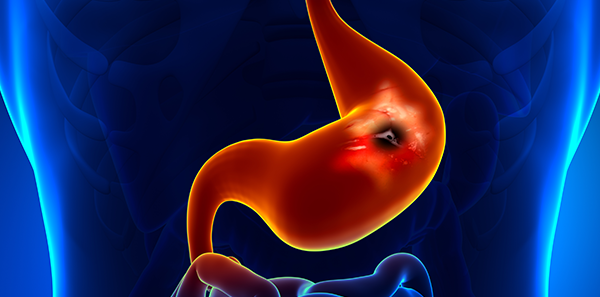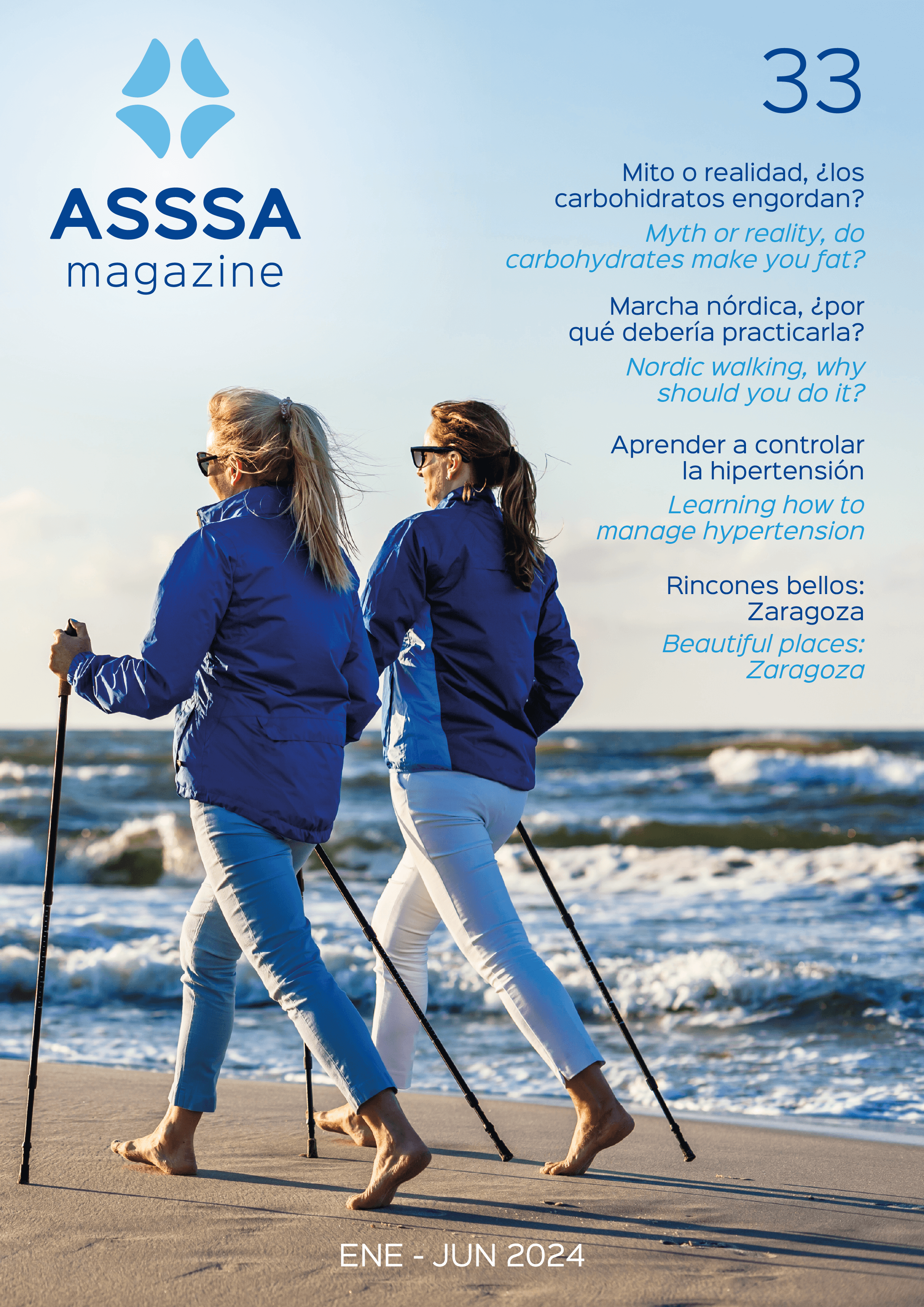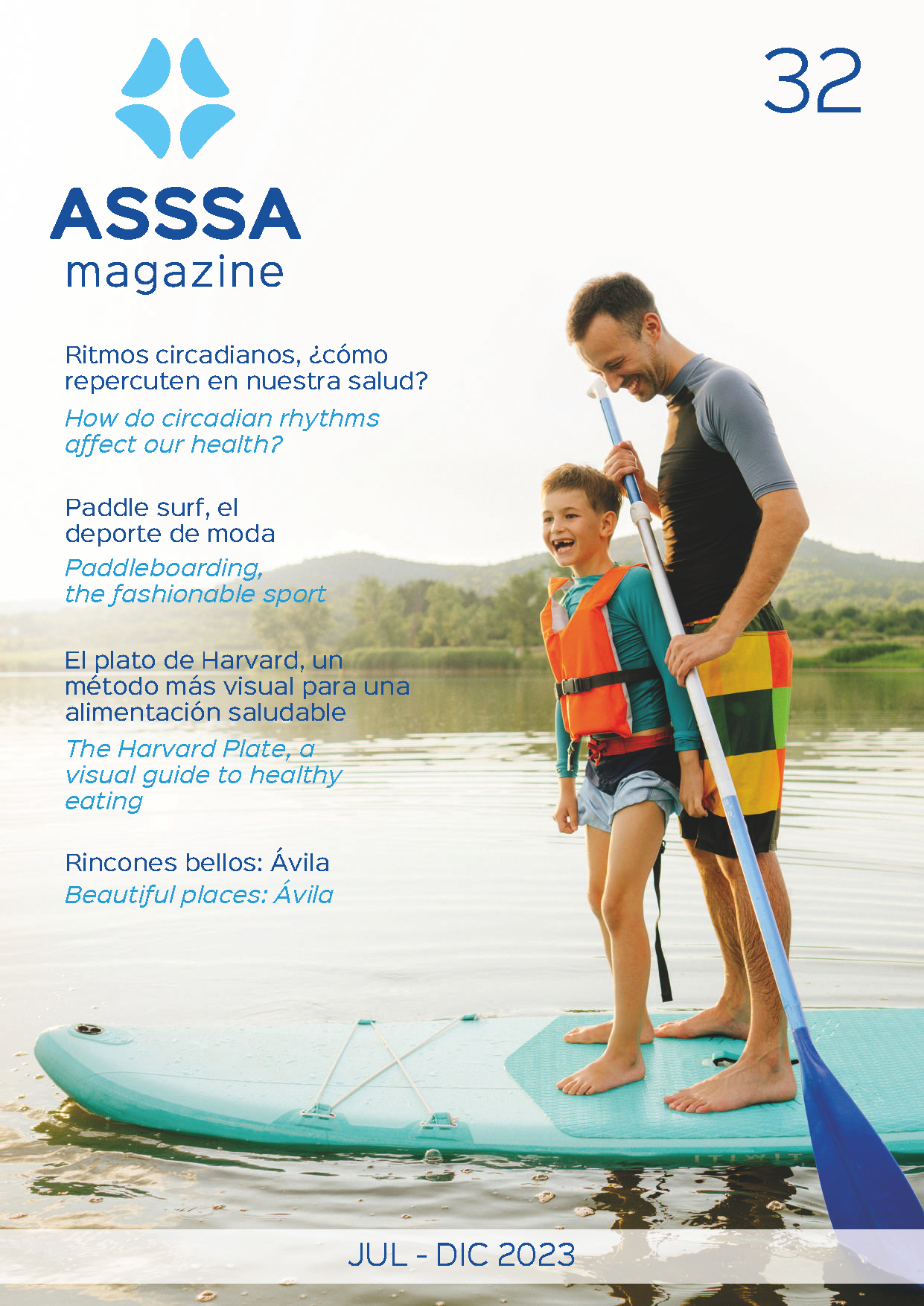
Water is an essential element of nature for any living being to remain alive. As a developed being, mankind not only consumes water to maintain homoeostasis, but also consumes it for other purposes, ranging from personal hygiene to culinary, sport, agricultural, industrial use, and more.
Although healthy water is suitable for any use, we must maximise health conditions for water for our own personal use; otherwise, this can lead to illness. Thus, the World Health Organisation estimates that over 1.5 million deaths every year are due to infectious diseases transmitted through water in poor condition. Of course, these figures especially refer to the Third World. Yet we must not forget that we are travelling there with increasing frequency, and fortunately with greater information, thanks to “traveller guides” and other educational resources.
The most common health hazards related to water for consumption derive from diseases from ingestion, inhalation of droplets (Legionella) or contact with consumption water. Infectious diseases thus transmitted can be caused by different pathogen agents, such as: Bacteria (Salmonella, Shigella, Yersinia, E Coli), viruses (hepatitis A and E) and some parasites and helminths being the most frequent bacteria and viruses in our environment. In turn, transmission through drinking water is just one of the vehicles for transmission of the pathogen agents transmitted faecally-orally.
Contaminated food, hands, utensils and clothing can also act as a vehicle for transmission, especially when household sanitation and hygiene are deficient. To reduce the faecal-oral transmission of disease, it is important to improve water quality and availability, as well as systems to eliminate excrement and general hygiene. Due to the brevity of the text, we will focus on the most common and practical aspects of these infections in our environment, who enter orally. Thus, penetration in the digestive tract of these pathogens or their toxins leads to a greater or lesser floral condition, depending on the number of germs inoculated, and the patient’s immune condition.
The symptoms include abdominal pain, fever, vomiting, and frequently watery diarrhoea, which, if prolonged over time, dehydrates the patient and can lead them to experience renal failure or other complications. In these cases, the physician will recommend taking a faeces sample that will quickly be sent to the laboratory for processing and cultivation in suitable medium in order to detect the agent causing the illness. At the same time, the physician shall advise the patient to take proper measures to vigorously hydrate with homemade compounds, such as the “alkaline lemonade,” or with commercial compounds such as an “oral serum” to offset the lost fluids. Only the physician, after proper assessment, may advise other hygienic (isolation) or pharmacological measures, or other examinations to discover the patient’s clinical situation. Notwithstanding, as stated, the objective with waterborne diseases should be focused on prevention, and both public entities and the individual should be involved in this task with proper health education.
ASSSA Medical Services
The information published in this media neither substitutes nor complements in any way the direct supervision of a doctor, his diagnosis or the treatment that he may prescribe. It should also not be used for self-diagnosis.
The exclusive responsibility for the use of this service lies with the reader.
ASSSA advises you to always consult your doctor about any issue concerning your health.












